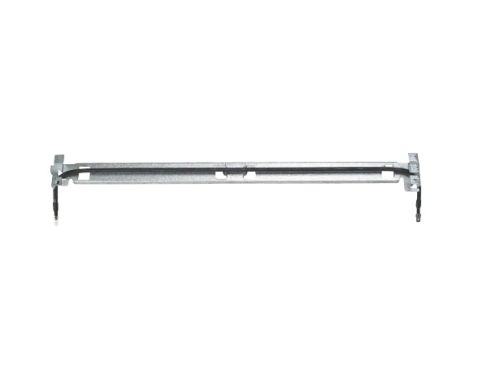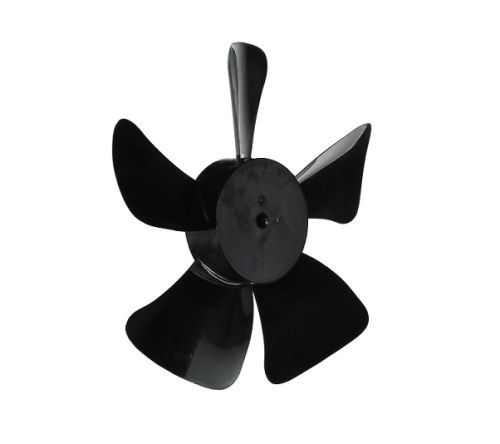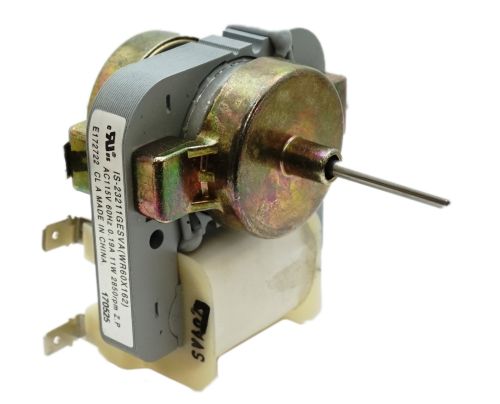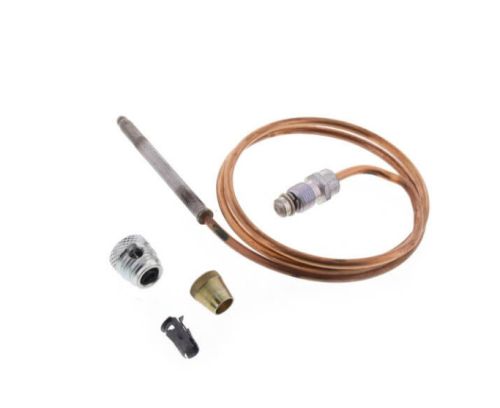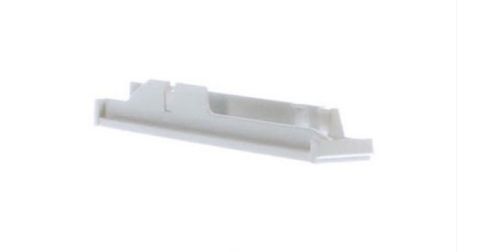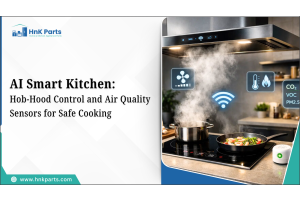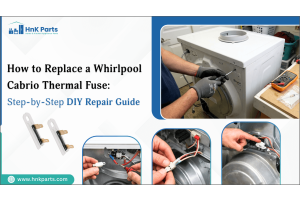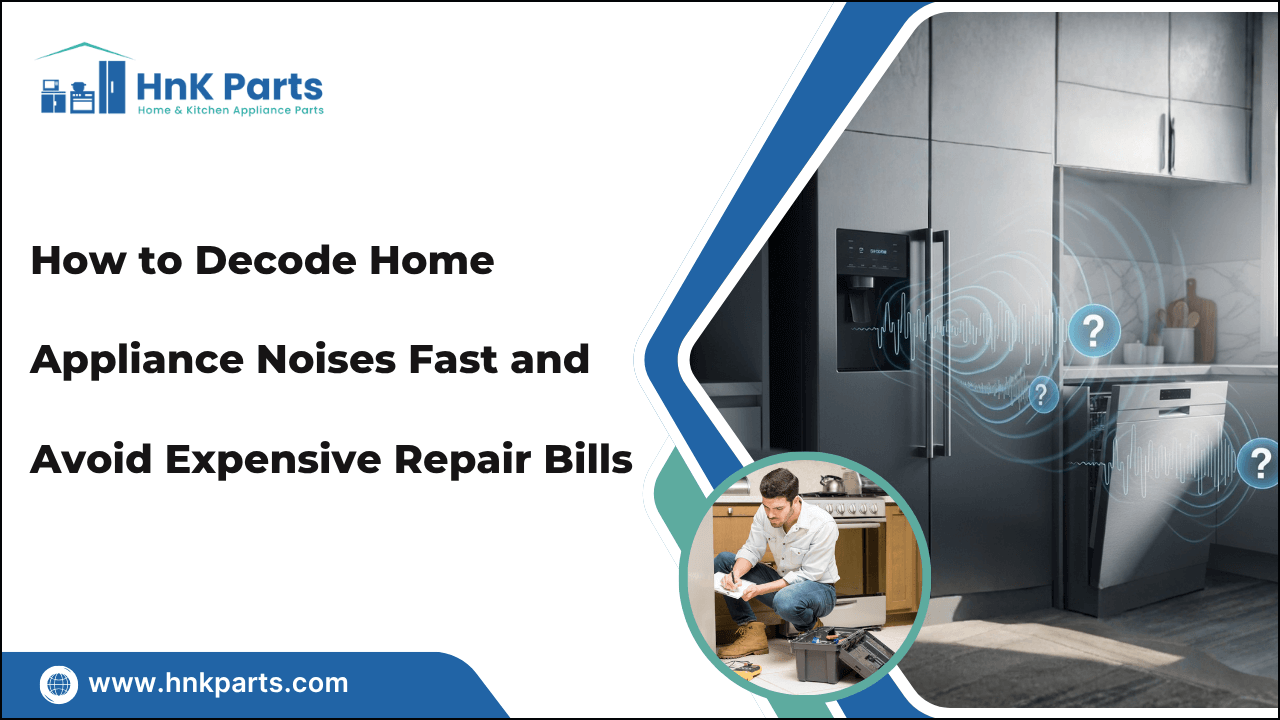
How to Decode Home Appliance Noises Fast and Avoid Expensive Repair Bills
Appliances make sounds as they work. Most are normal, like a soft hum from a motor or a brief click from a relay. Problems start when a familiar sound becomes louder, changes timing, or shows up with a performance issue, such as slow draining, weak cooling, or a shaky spin. This article shows you how to recognize common noises, decide how urgent they are, and try simple checks before you call for service. You will see quick tips tailored to stoves and ovens, dishwashers, refrigerators, washers, dryers, and TVs.
Why Appliances Make Noise: The Basics
Not every sound is a problem, many are normal operating cues, too. Pay attention when volume, frequency, or timing changes from the usual pattern.
-
Appliances create sound from motors, fans, pumps, relays, valves, and moving panels. Materials also expand and contract with temperature, making gentle pops and ticks.
-
Water flow and drainage gurgles are common during fill, wash, and empty cycles. Designers aim for quiet, but they prioritize performance. durability, and safety over silence. A noise becomes a warning when it grows louder, repeats faster, lasts longer, or appears in a new phase.
-
Harsh sounds like banging and grinding signal mechanical contact, looseness, or bearing failure. Persistent buzzing often points to electrical stress, such as a failing relay or motor.
-
Rattles suggest loose screws, warped panels, or fans touching guards or wiring. Whistles and hisses indicate air leaks, door gaskets, vents, or, in rare cases, gas.
If sound and performance both degrade, stop and investigate before small wear becomes expensive damage. Do not delay.
The Sound-Signal Spectrum: What Different Noises Usually Mean
Start with the sound, then check the simple, safe first steps today. Treat banging and grinding as urgent; buzzing and rapid clicking demand caution.
-
Banging or thumping usually points to an imbalance, loose mounts, or broken suspension. Stop the cycle, redistribute the load, level the feet, and inspect shocks or springs.
-
Grinding or metal contact signals failing bearings, misaligned drums, or worn gears. Shut down immediately and avoid further runs to prevent cascading component damage.
-
Squealing or screeching often comes from tired belts, dry pulleys, or tight rollers. Adjust belt tension, replace glazed belts, and service pulley bearings before heat builds.
-
Buzzing or electrical hum can indicate a weak start relay, failing capacitor, or motor windings. Unplug, inspect connectors for heat marks, and avoid repeated start attempts to limit burnout risk. Clicking that repeats quickly often traces to relays, valves, or control boards.
-
Popping or crackling can be normal thermal expansion, especially during heating and cooling. Loud, frequent, or electrical-smelling pops require a careful inspection and a pause.
-
Whistling or hissing often means air leaks, door seal gaps, or duct restrictions. Confirm gasket contact with a paper test and reseat hoses to stop noise and strain. Gurgling relates to water flow or drains that improve with regular cleaning.
Identifying Home Appliance Noises by Appliance Type
Jump to the appliance making noise and apply the quick checks first. Use the fix tip to try safe remedies before scheduling service today.
|
Home Appliance Noises by Appliance Type |
|
Stove and oven |
|
|
|
|
Dishwasher |
|
|
|
|
Washing machine |
|
|
|
|
Refrigerator |
|
|
|
|
Dryer |
|
|
|
|
TV |
|
|
|
For all appliances, confirm they do not touch cabinetry, walls, or loose trim. Small vibrations become loud when panels resonate against nearby surfaces. Add felt pads or foam shims where panels meet to stop sympathetic rattles.
The Ultimate Guide: How Household Appliances Will Reduce Environmental Impact
Quick Steps to Diagnose Home Appliance Noise Problems
Before panicking or calling for service, spend five minutes with this quick diagnostic process. It ensures safety, protects appliances from further damage, and helps professionals identify issues faster.
-
Pause and power down: Turn off the appliance and unplug it if safe. Allow hot components to cool completely to avoid burns. For gas units, shut the supply valve and ventilate the area.
-
Isolate the source: Listen carefully around corners, doors, and rear panels. Note when the noise occurs, during startup, mid-cycle, or cooldown, to narrow down possible causes.
-
Observe performance: Check for changes like weak cooling, slow draining, or poor spinning that may accompany the noise. These clues help pinpoint functional issues.
-
Inspect safely: Only open access panels if the appliance is unplugged and you are comfortable doing so. Use a flashlight to look for loose screws, worn belts, or debris.
-
Listen closely: Use a mechanic’s stethoscope or the handle of a screwdriver to listen. Touch the metal tip to panels to transmit sound, but avoid moving parts for safety.
-
Try simple fixes: Balance loads, level feet, tighten loose panels, and clean filters. Clear fan paths, vacuum coils, and reseat any loose hoses or connectors.
When Home Appliance Noises Require Professional Help
Knowing when to stop and call a professional can prevent damage, protect warranties, and ensure personal safety. Electrical, gas, and sealed refrigeration systems are high-risk areas that should only be handled by trained technicians.
-
Electrical issues: Persistent buzzing, hot or burning smells, tripped breakers, or visible arcing indicate dangerous faults. Never open power supplies, inverters, or control boards without proper training.
-
Gas-related problems: Endless clicking, hissing, boom-like ignition sounds, or sulfur/rotten egg smells suggest leaks or ignition faults. Shut off the gas valve, ventilate the area, and contact a qualified technician immediately.
-
Beyond simple fixes: If cleaning, tightening, or balancing doesn’t resolve the issue, stop troubleshooting to avoid making things worse. Schedule professional service instead.
-
Warranty & safety concerns: Opening sealed panels or using non-original parts can void warranties and create safety risks. Always check warranty terms before attempting internal repairs.
Preventive Maintenance Tips to Reduce Home Appliance Noises
Quiet machines are maintained machines, and small habits prevent major failures later. Set simple recurring tasks, and most noises never appear in the first place.
|
Maintenance Focus |
Key Action |
Noise Prevention Tip |
|
Belts & bearings |
|
|
|
Airflow systems |
|
|
|
Leveling |
|
|
|
Load management |
|
|
|
Fasteners |
|
|
Protect Your Home Appliances: Proven Tips to Avoid Dangerous Accidents
Noise is information, and early action is the cheapest insurance available. Use the spectrum to judge urgency, try the safe first steps, and note performance changes. Record symptoms, capture video, and bring model details to cut repair time and cost. Small attention now prevents big bills later and quiets your home again. Listen, decode, and act, and your appliances will run longer and quieter, too. HnKParts offers a wide range of stove & oven parts, dishwasher parts, refrigerator parts, washing machine parts, and dryer parts from top-selling manufacturers at competitive prices to keep your appliances running smoothly.
References:
https://www.aham.org/
FAQs
Why do my home appliances get noisier with age?
Appliances often become louder as their internal parts wear down, such as bearings, motors, or fans. Dust, vibration, and loosened mounts also increase noise levels over time.
Can unusual appliance noises damage other components?
Yes. Ignoring continuous grinding, squealing, or clicking can lead to part failure, overheating, or motor burnout, resulting in costlier repairs later.

